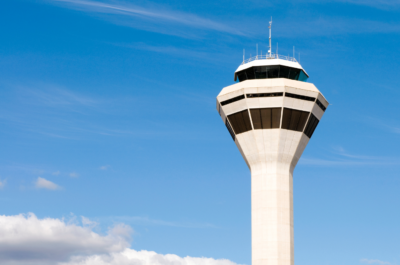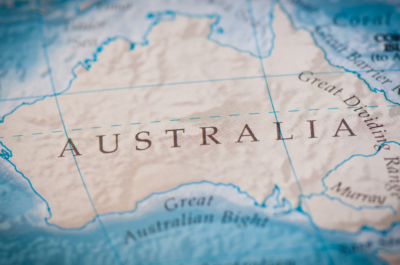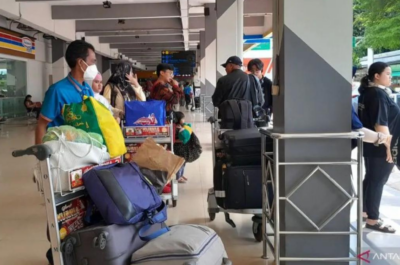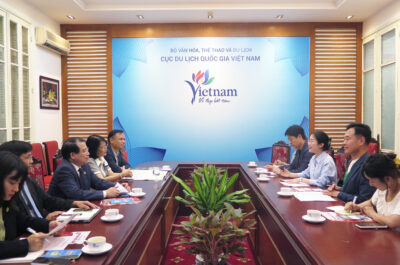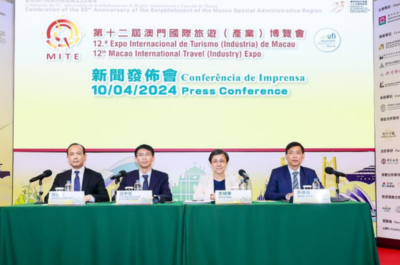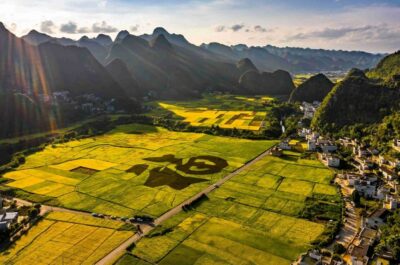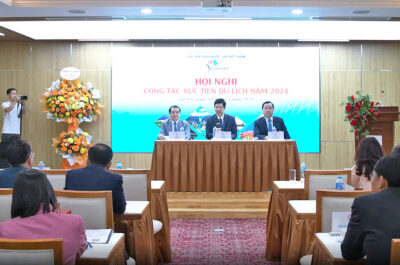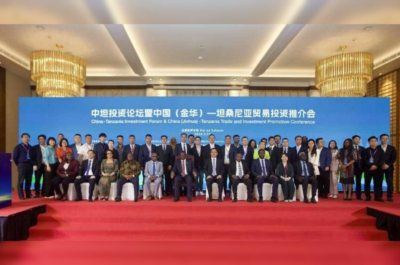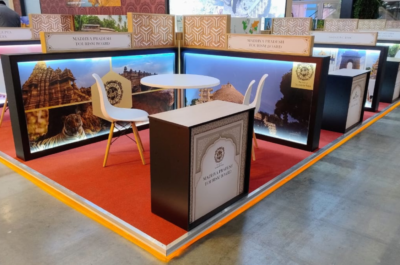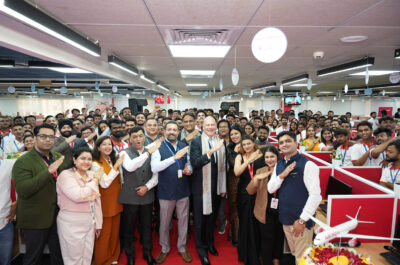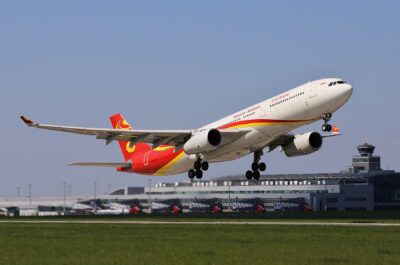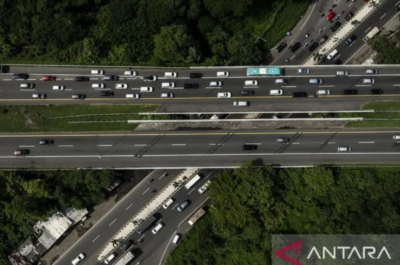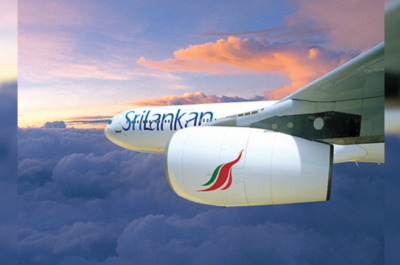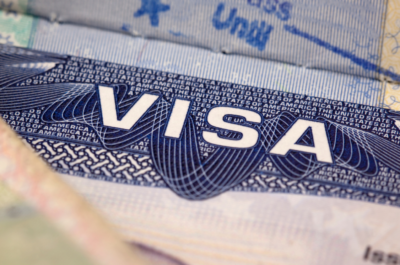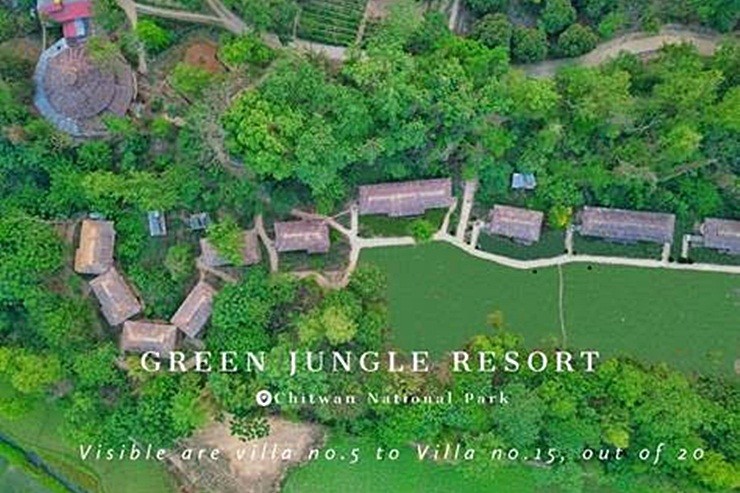
The cases seem to be plateauing across the country for the past few days now. A total of 3,049 people tested positive for the infection in the past 24 hours.
Amidst the growing spread of the Omicron variant throughout the country including the valley, a meeting on Thursday of the chief district officers of the Valley’s three districts had decided to re-introduce the odd-even number plate rule for vehicles startd Friday midnight, 21st Jan 2022. However, another meeting revised the odd-even rule lifting the restriction imposed on public vehicles. Private vehicles including two-wheelers and taxis will still need to follow the odd-even vehicular rule. While district administrators defend their decision, public health experts say fewer public vehicles will cause more crowding in such vehicles and fuel infections.
There are queries whether the odd-even vehicular rule is contributing in regards to the spread of the virus wherein the Metropolitan Traffic Police Division data does show that streets are less crowded now compared to a few days ago. “The number of vehicles on the streets is already down by around half,” said Superintendent of Police Sanjib Sharma Das, also a spokesperson for the Metropolitan Traffic Police Division. According to the MTPD, on normal days over 1.2 million vehicles operate in Kathmandu Valley while “Currently there are less than 500,000 vehicles on the road.”
To help slow the spread, all three district administration offices of the Valley have slashed their many services until further notice. Another office that saw big crowds, the Department of Passports has also stopped issuing passports except for emergency cases. Educational institutions including schools and colleges remained closed until January 29 and it is yet to be decided if the closure will continue or be lifted.
The cases seem to be plateauing across the country for the past few days now. A total of 3,049 people tested positive for the infection in the past 24 hours. Meanwhile, the total coronavirus recoveries stand at 854,707 with 6,359 discharges logged. As per the latest data provided by the health ministry, a total of 13,145 tests were conducted in the last 24 hours of which 9,910 were PCR tests while 3,235 were antigen tests. With this, a total of 5,219,506 PCR tests have been carried out to date. Similarly, antigen tests have confirmed 491 positive cases in the past 24 hours. The total number of single-day infections from both the RT-PCR and antigen tests totals 3,540. Nepal’s Covid-19 recovery rate stands at 89.9%, while the fatality rate stands at 1.4%. The latest reported number of infections carried the nationwide tally to 950,441 while the death toll reached 11,735 as 32 (including earlier unreported deaths) fatalities were recorded on Sunday.
On the vaccination front, amidst shortages of the Vero Cell vaccine, the Ministry of Health and Population has decided to provide the AstraZeneca vaccine as a second dose and booster. The decision to administer AstraZeneca as a second dose and booster is in line with the recommendation of the World Health Organization’s Strategic Advisory Group of Experts on Immunization, Health Ministry officials said. A meeting of the National Immunization Advisory Committee on Wednesday had also recommended vaccine mix and match for second doses and booster shots. According to the decision, Covishield/AstraZeneca vaccine will be administered as a booster to those above 60, who were inoculated with Covishield/AstraZeneca, Moderna, Pfizer-BioNTech, or Vero Cell vaccines in a primary series (people who took two shots).
With the booster shots on the way and with the cases plateauing in Nepal, we expect the cases to go much lower than this in the near future.
On the aviation front, the installation of all equipment has been completed at Nepal’s second international airport the Bhairahawa airport, and technical testing is slated to begin in mid-February. During the calibration flights, a special aircraft will check the accuracy of navigation signals required for safe take-off and landing. Located in central Tarai, the Rs6.22 billion facility has been named Gautam Buddha International Airport. The airport is the gateway to the international pilgrimage destination of Lumbini, the birthplace of Gautam Buddha. It has a 3,000-metre-long and 45-meter-wide runway. The operation of the airport will open up new routes, options, and feasibility for flights in and out of the country.
Basant Raj Mishra, the executive chairman of the Temple Tiger Group of Companies, is a well-known name in the travel trade community. Former chairman of the PATA Nepal Chapter, Secretary of PATA Nepal Chapter, Executive Member of PATA Nepal Chapter, Advisor of PATA Nepal Chapter and Founder Board of Nepal Association Tourism Board (NTB). Mr. Mishra is an energetic and visionary entrepreneur. A widely traveled entrepreneur, he also has been carrying out responsibilities as the Honorary Consul of Republic of Chile to Nepal. Mr. Mishra is a well known person in the field of tourism and conservation, having a lot of experiences in the cultural, adventure and wildlife tourism. Till date Mr. Mishra is very active, enthusiastic in promoting tourism and have served many National and International Board of Trustees. He is running his company very successfully for the last 34 years in Nepal and abroad. He received many national and international awards.

































